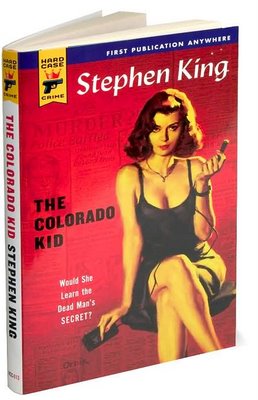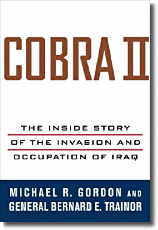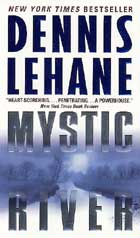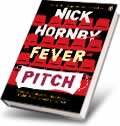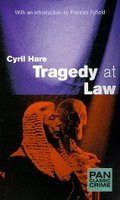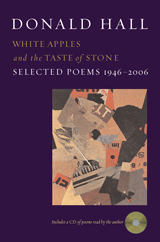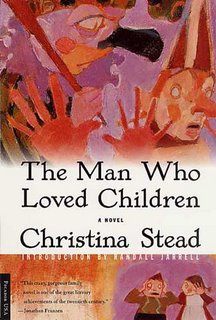
Forty years ago, Alastair Reid reported (for the same magazine) from England on that country’s lone—and controversial—World Cup championship. There is now greater awareness of the World Cup in the United States than there was in 1966, but has the gap between the America's indifference and the rest of the world's obsession narrowed that much?
Read the first paragraph and judge for yourself:
In London, as August was beginning, I ran into a friend from New York who had come to England for a kind of cultural dip into theatres, galleries, and the pure tingle of London, which has been much celebrated of late in all manner of periodicals. As we were talking, he confessed to a deep puzzlement. “I’ve felt very out of it all this time,” he said. “Everyone has been crouched over a television set, or else hurrying home to crouch over television set. It’s this World Cup, about which I know nothing at all; but I must say I’ve never felt so out of the swim, anywhere, ever.” How right he was, poor fellow. Out of the swim was precisely what he was, for between July 11th and 30th, not only the British Isles but a considerable part of the world was held in thrall by the World Cup, the culmination of a global football competition which takes place every four years, and for which, on this occasion—the eighth since its inception—England was the host country. The extent to which the attention of the world was concentrated on this tumultuous series of football matches is pretty staggering on reflection At the conclusion of the series, the Daily Mail claimed that one person in five of the world’s population had watched at least a part of the competition, transmitted by satellite; and the statistical systems of British radio and television showed that practically thirty-one million inhabitants of the British Isles—a bit over half the population—gave themselves over to following the Cup, which required a fair hunk of their attention, since games were taking place at least every other day, sometimes four at once, while on off days the British Broadcasting Corporation produced panels of wordy experts, replays of games already over, and a spate of analyses and predictions of every sort. Legions of housewives were apparently converted to the game, leaving three weeks’ worth of dust to gather, and the World Clip proved to be not only the “greatest sporting event ever staged in Britain,” as the shrewder papers had always claimed it would be, and a conspicuous financial success for the Football Association (and, one must assume, for hostelries and merchants of every description ) but also, in the end, a kind of national fairy tale that will take some forgetting, for, as things turned out, it had about it that incredible sporting perfection that always might, but seldom does, happen—a perfection incarnate in events like Bobby Thomson’s famous home run in 1951, yet a perfection much more gradual and intricately devised, a perfection that a goodly part of those who saw it felt they would nod over happily in their old age, smiling a secret, faraway smile.Click here to read the rest of the article.
--Marshal Zeringue



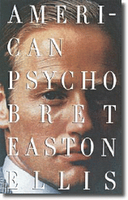
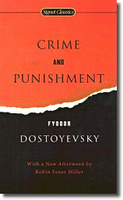
 fiction, so maybe I didn't read the oaters with as sharp and critical eye as I might have levelled at a new and unfamilar writer. Leonard's westerns struck me as the same great writing merely removed to another place and time.
fiction, so maybe I didn't read the oaters with as sharp and critical eye as I might have levelled at a new and unfamilar writer. Leonard's westerns struck me as the same great writing merely removed to another place and time.











